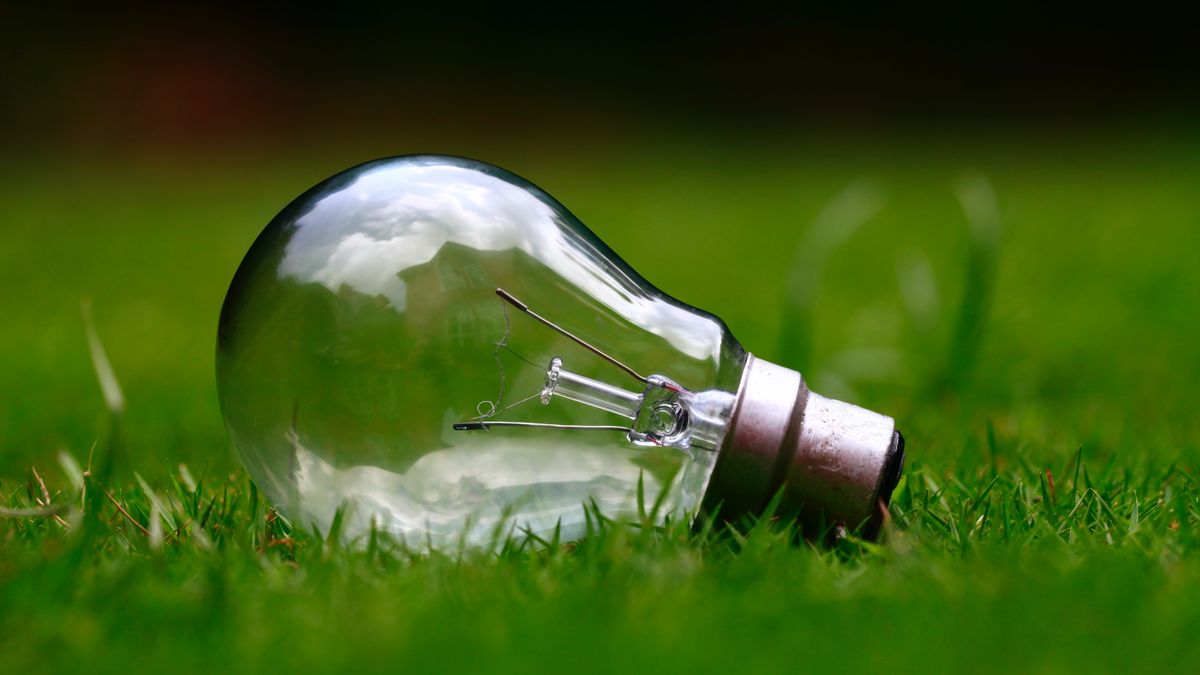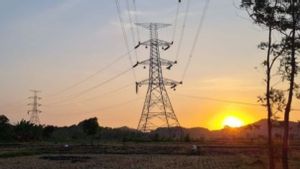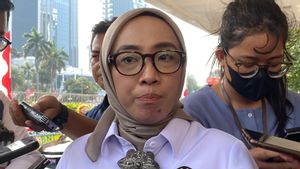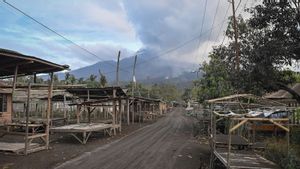JAKARTA - Director General of New, Renewable Energy and Energy Conservation (EBTKE) of the Ministry of Energy and Mineral Resources (ESDM), Eniya Listiani Dewi, ensured that the ratification of the Draft Law on New Energy and Renewable Energy (RUU EBET) was only one step away.
Eniya said that the Ministry of Energy and Mineral Resources together with Commission VII DPR RI had discussed all articles in this bill, but there were still 2 articles that had not yet reached an agreement.
"The process has been done, the synchronization team and the formulating team have discussed 63 articles, 61 articles have been agreed, only 2 articles, namely 1 article related to new energy and 1 article related to renewable energy. The contents of the last 2 articles are related to the Mutual Utilization of the Transmission Network (PBJT) or network rental," explained Eniya, quoted on Tuesday, September 10.
In the last two articles, said Eniya, the Government proposes to be related to PBJT, which includes, among other things, that the fulfillment of consumer needs for electricity sourced from New Energy/Renewable Energy must be carried out based on the Electricity Supply Business Plan (RUPTL) and can be carried out with PBJT through a network rental mechanism.
In terms of PBJT through network rental, added Eniya, the electricity transmission network business must open access to joint use of the transmission network for the public interest. Then, PBJT through a network rental mechanism is regulated in Government Regulations.
Regarding the two articles, said Eniya, the Government has submitted and explained at the Working Committee Meeting of the EBET Bill with Commission VII DPR RI, but it is still being postponed for further discussion.
"The government as a formulating team has conveyed to Commission VII of the DPR RI, and Commission VII also understands the article, the meeting is still being postponed," he said.
In addition, Eniya also said, with this PBJT scheme, the private sector can become an electricity provider, so that the electricity price of EBT becomes cheaper.
"So that electricity that reaches the community is cheap electricity, here the government subsidies go down, that's our goal to enter into the EBET Bill like this. We prioritize cheap EBET in the future," added Eniya.
Eniya also revealed that in the EBET Bill later, all business entities that seek to reduce emissions will receive incentives through the value of the carbon economy.
SEE ALSO:
"One of the advantages of the EBET Bill is that all business entities that have now installed solar panels have contributed to biomass, and are trying to reduce emissions to get incentives from carbon economic value. If this is ratified, the value of the carbon economy will run. If this law is not passed, there will be no incentives. This incentive is the most important thing in the EBET Bill," explained Eniya.
Another thing that also urges the ratification of the EBET Bill is to smooth the road to providing electricity for areas that still lack access to electricity. Especially in Eastern Indonesia, which still uses a lot of electricity from diesel, which is much higher than other Indonesian regions.
"But once we talk about batteries, the price can be below 30 cents, while diesel can reach 50 cents. That means EBET is cheaper in a situation like this. The most important thing is electricity in Eastern Indonesia. That is what inspires the sense that this EBET Law must be resolved immediately," he concluded.
The English, Chinese, Japanese, Arabic, and French versions are automatically generated by the AI. So there may still be inaccuracies in translating, please always see Indonesian as our main language. (system supported by DigitalSiber.id)
















